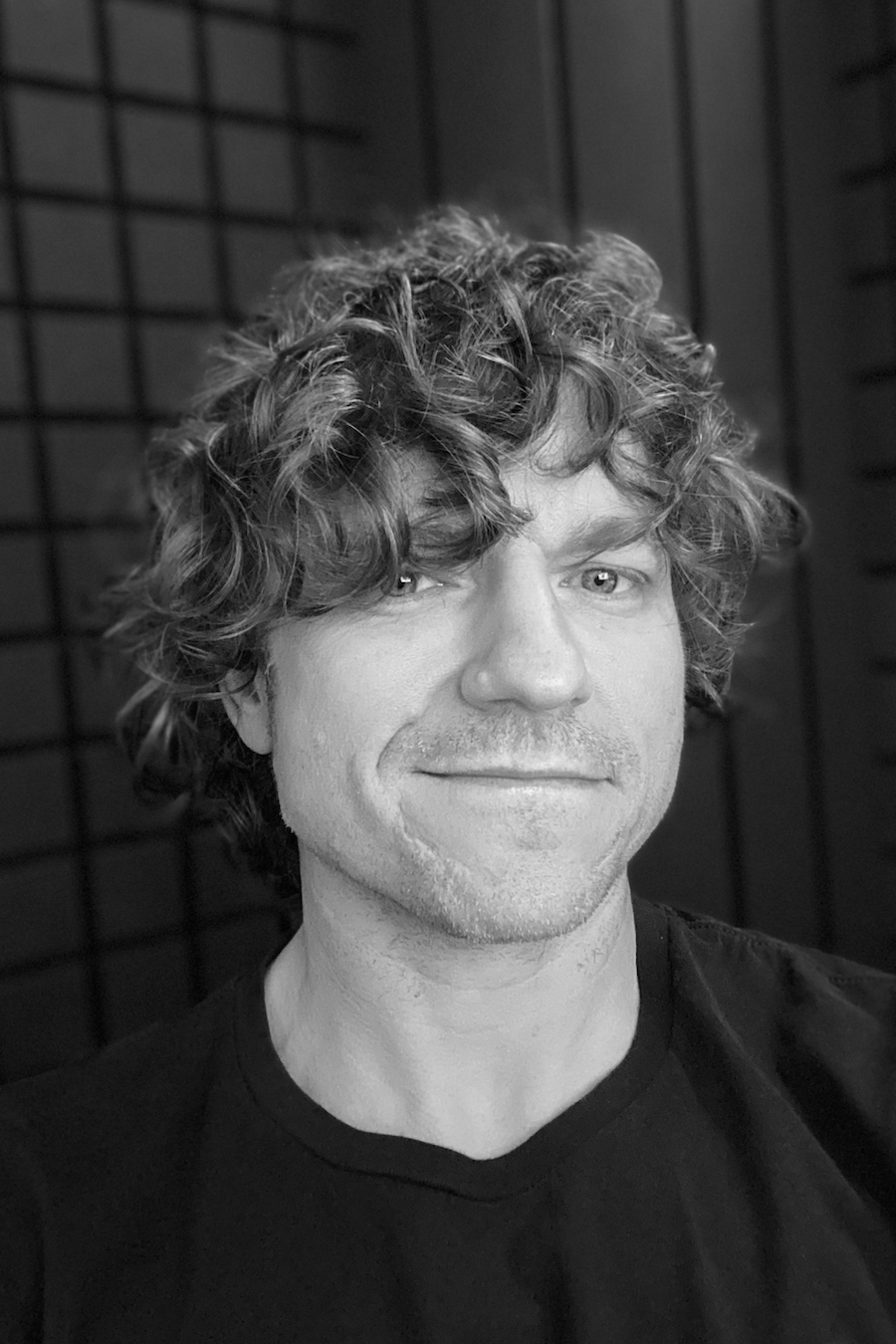
by Michele Kirichanskaya | Jul 19, 2024 | Blog
Travis Baldree is a full-time audiobook narrator who has lent his voice to hundreds of stories. Before that, he spent decades designing and building video games like Torchlight, Rebel Galaxy, and Fate. Apparently, he now also writes books. He lives in the Pacific...
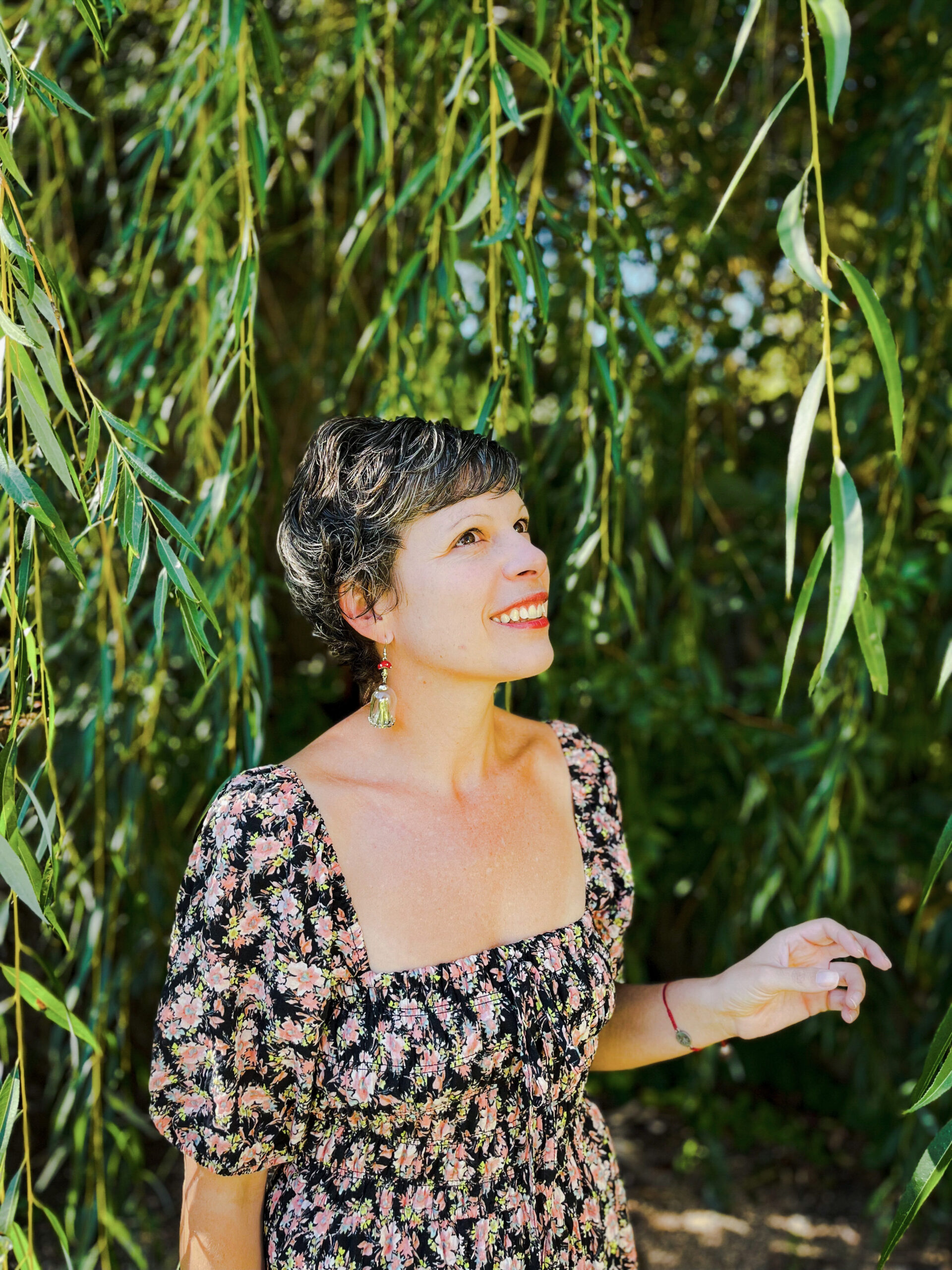
by Michele Kirichanskaya | Jun 19, 2024 | Blog
R. M. Romero is a Jewish Latina and author of fairy tales for children and adults. She lives in Miami Beach with her cat, Henry VIII, and spends her summers helping to maintain Jewish cemeteries in Poland. You can visit her online at RMRomero.com or on Instagram...
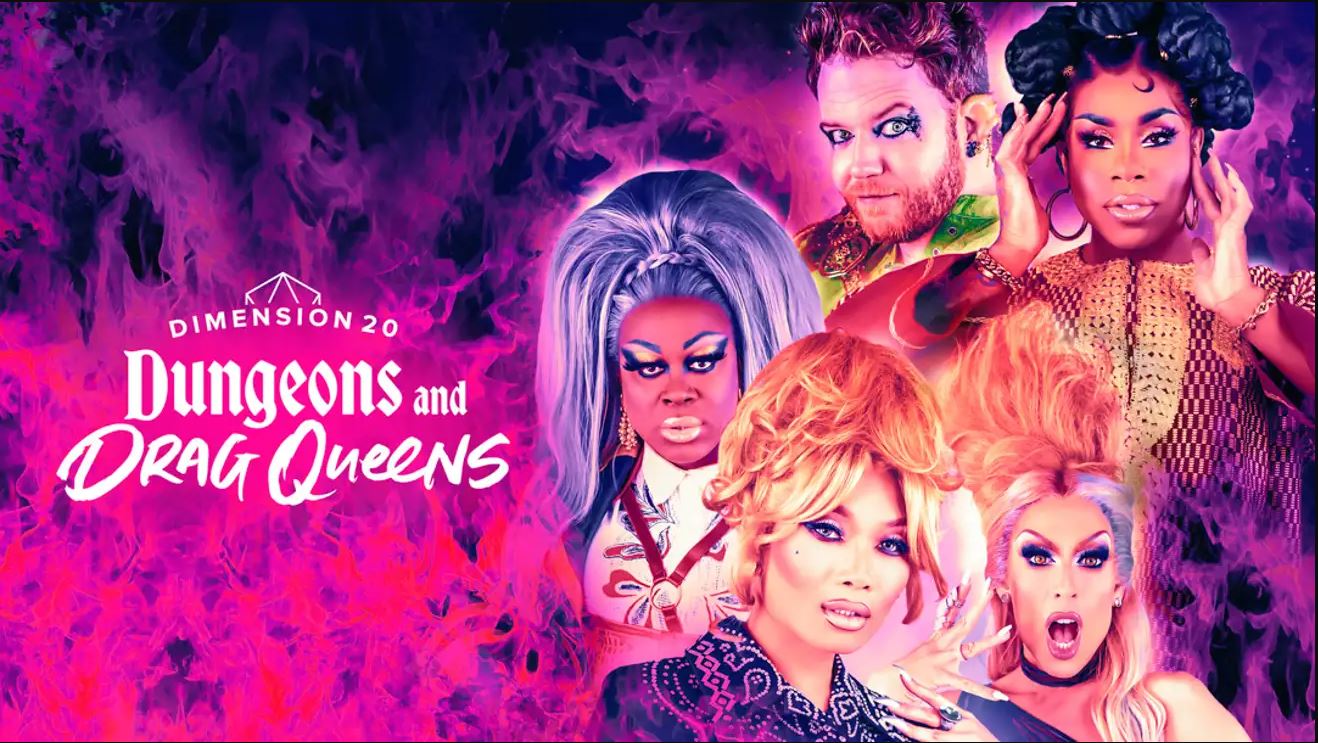
by Damon Goodrich-Houska (they/them) | Apr 3, 2024 | Blog, Featured
Just in Case Disclaimer: This is a post about stars from RuPaul’s Drag Race appearing on an independent channel where comedians play RPGs. In case you did not realize this already, the language and references can get salty. Have you watched all of Critical Role...
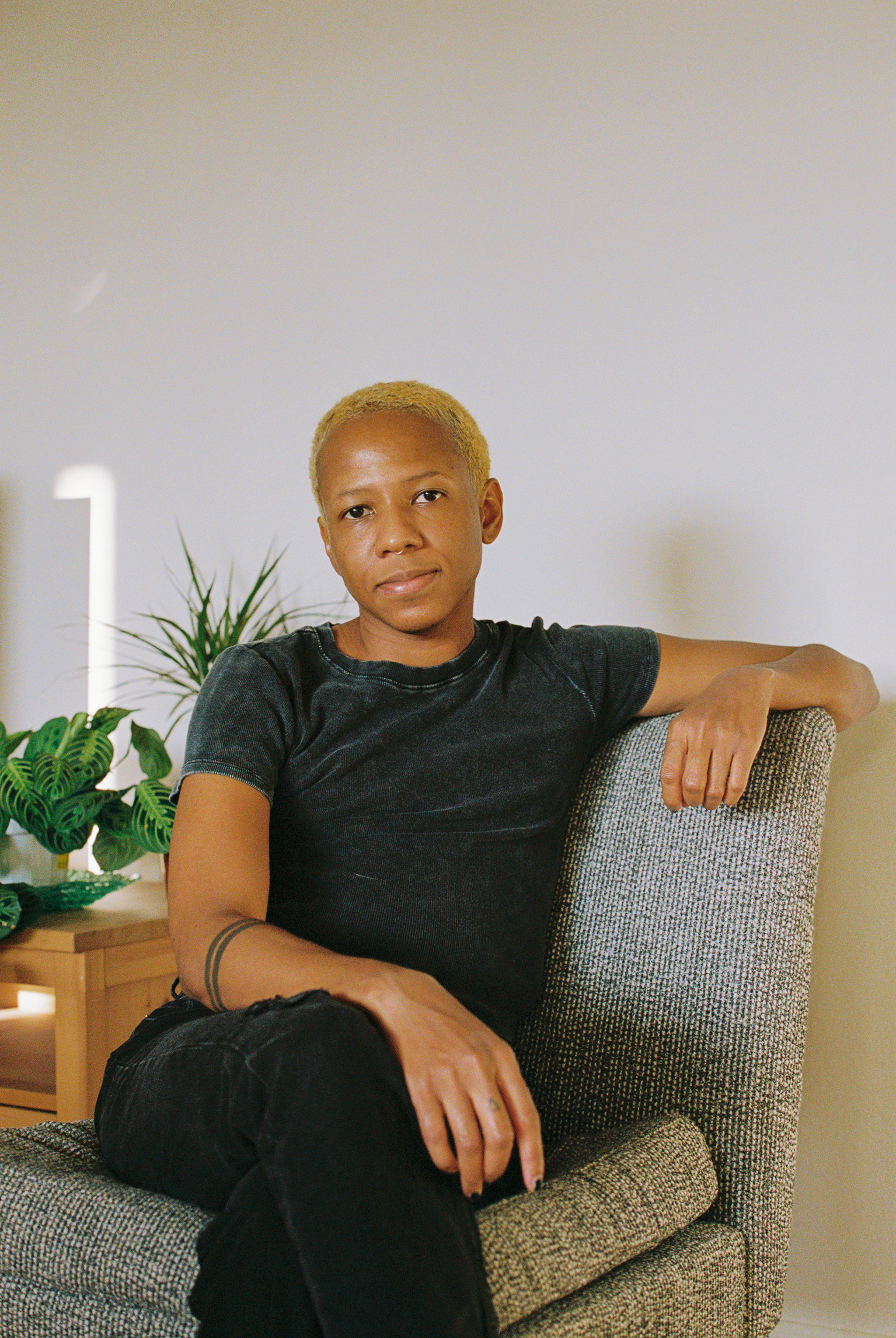
by Michele Kirichanskaya | Feb 28, 2024 | Blog
Kacen Callender is a bestselling and award-winning author of multiple novels for children, teens, and adults, including the National Book Award-winning King and the Dragonflies and the bestselling novel Felix Ever After. I had the opportunity to interview Kacen, which...
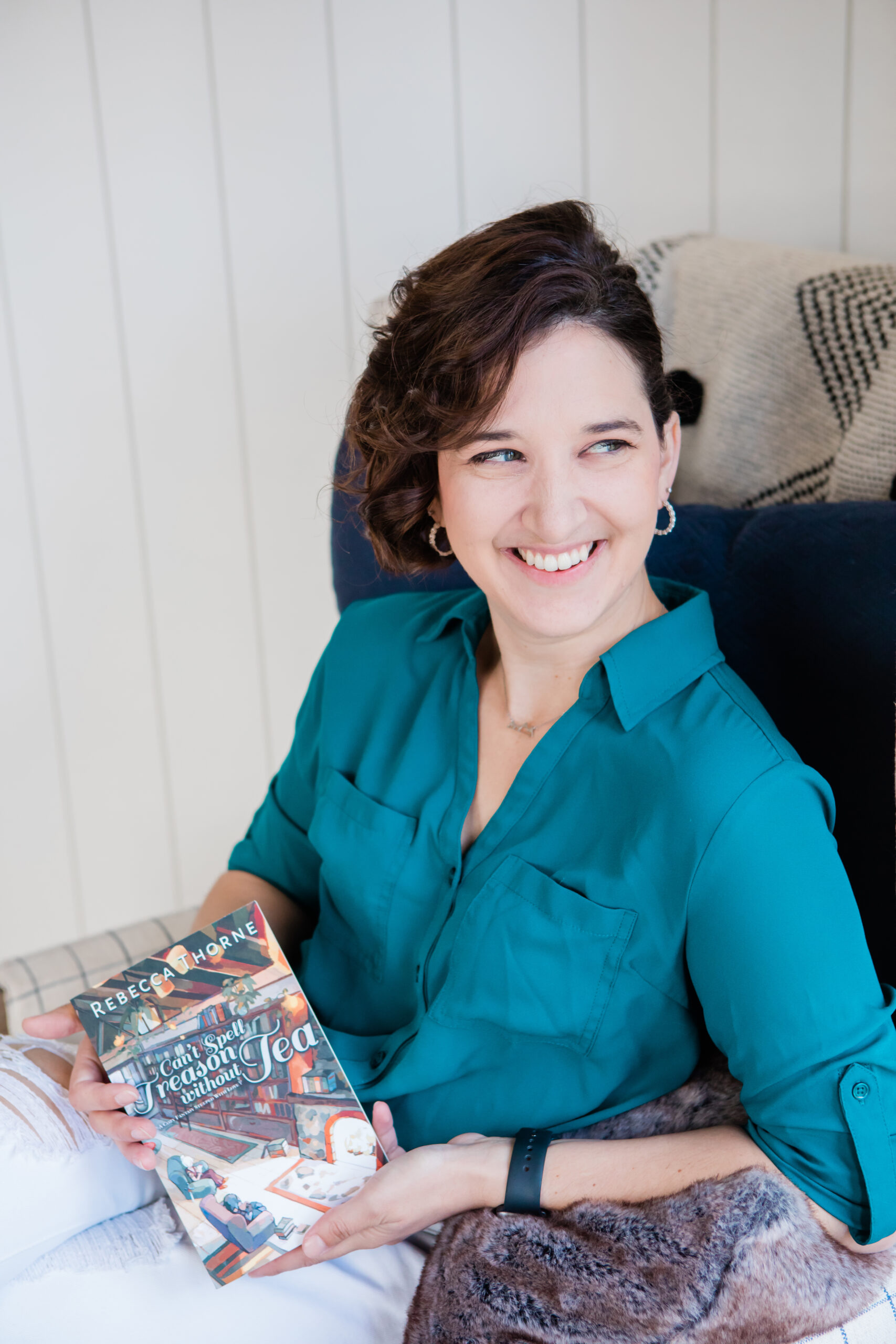
by Michele Kirichanskaya | Feb 11, 2024 | Blog
Rebecca Thorne (she/her) is an author of all things fantasy, sci-fi, and romantic, such as the Tomes & Tea series. She thrives on deadlines, averages 2,700 words a day, and tries to write at least 3 books a year. (She also might be a little hyper-focused ADHD.)...






